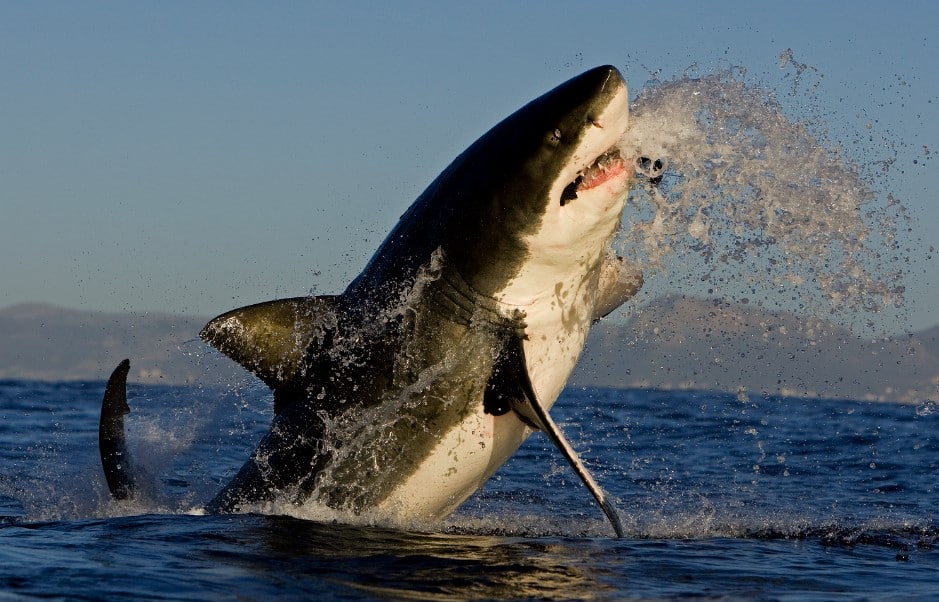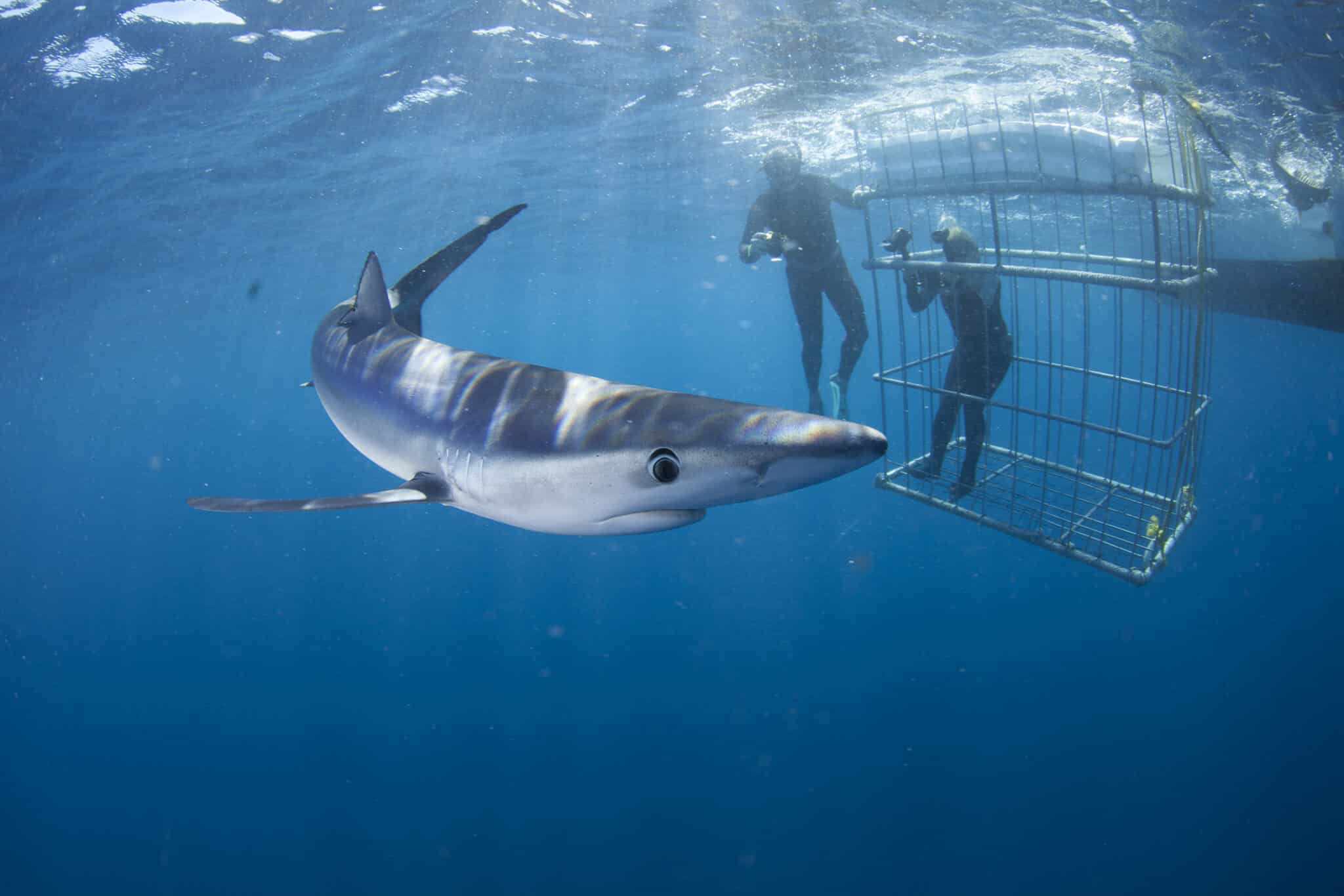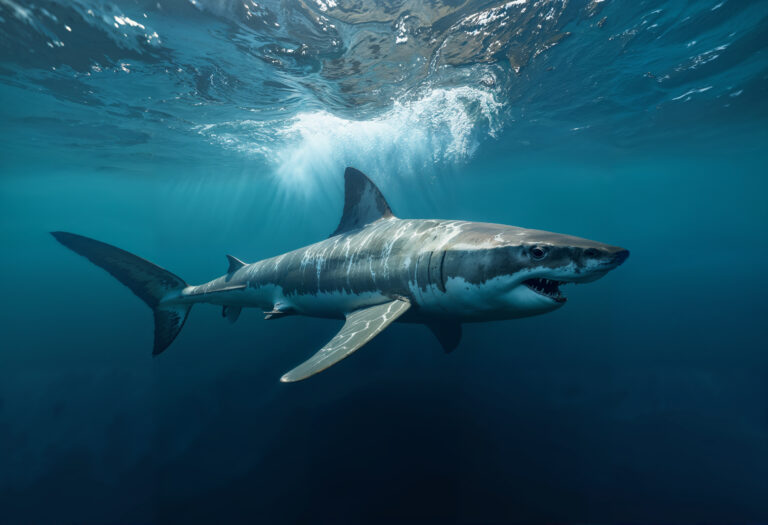For the everyday man who doesn’t spend their time at sea or around others in the areas of nautical or marine science there are just some terms people use that make you scratch your head and go: ‘’what?’’. We have compiled a definitive sea terms guide to help you feel like more of an expert.
Sea Terms Glossary:
Swell
‘’a slow, regular movement of the sea in rolling waves that do not break’’
Important note: When going shark cage diving, this is often the deciding factor when the captain makes a decision to go out to sea, and even though the sun may be shining, if the swell is high, the trip may not go ahead.
Barnacle
‘’marine crustacean with an external shell, which attaches itself permanently to a surface and feeds by filtering particles from the water using its modified feathery legs.’’
Whales are sea turtles are likely to have barnacles on their bodies. Sharks however, have a natural protection from having barnacles form on their bodies.
Decoy
‘’ a bird or mammal, or an imitation of one, used to attract another.’’
When filming or studying sharks, a decoy is sometimes used in order to ellicit a specific task.
Freediving
‘’ the sport or activity of diving under water without the use of breathing apparatus, especially in deep water.’’
When shark cage diving, often the breath-hold or freediving method is used.
Ecotourism
‘’ tourism directed towards exotic, often threatened, natural environments, intended to support conservation efforts and observe wildlife.’’
Shark cage diving is a form of ecotourism since sharks are observed in their natural environment.
Bycatch
‘’ the unwanted fish and other marine creatures trapped by commercial fishing nets during fishing for a different species.’’
Smaller species of sharks are often bycatch and have been placed on several vulnerable species lists.’’
Predation
‘’ the killing by one living organism of another for food.’’
This term is used to highlight that the killing taking place is a natural process and essential for survival.
Pelagic
‘’ relating to the open sea.’’
Certain marine species can only be found in deep, open water.
Chum/ Chumming/ Chum line
‘’chopped fish and other material thrown overboard as angling bait.’’
Sometimes our shark friends need a little motivation to come visit us.
Breach
‘’ rise and break through the surface of the water’’
This term is used when observed sharks during certain hunting behaviour. Other marine life we often see breaching are whales, orca and dolphins.

Buoyancy
‘’ the ability or tendency of something to float in water.’’
This term is at times used to reference a life jacket.
Scuba
‘’ self-contained underwater breathing apparatus.’’
This word is an acronym first used in 1952.
Bow
‘’ the front end of a ship’’
The place where Rose stood that allowed her to feel that she was flying.
Common
‘’ found or living in relatively large numbers; not rare.’’
Reef
‘’ a ridge of jagged rock, coral, or sand just above or below the surface of the sea.’’
Berth
‘’ a ship’s allotted place at a wharf or dock.’’
This is the place where the boat will sleep at night.
Starboard
‘’ the side of a ship that is on the right when one is facing forward.’’
Old sailing vessels made use of this term to reference the side that the rudder was on.
Port
‘’ the side of a ship that is on the left when one is facing forward.’’
This term has a variety of similar terms connected to it. It can also refer to a hole on the side of the ship or it can also refer to a city or town where ships unload cargo.
Anchor
‘’ a heavy object attached to a cable or chain and used to moor a ship to the sea bottom, typically having a metal shank with a pair of curved, barbed flukes at one end.’’
The captain will always anchor the boat at the dive site when shark cage diving to ensure it doesn’t float off and stays at the same location.
Plankton
‘’ the small and microscopic organisms drifting or floating in the sea or fresh water, consisting chiefly of diatoms, protozoans, small crustaceans, and the eggs and larval stages of larger animals. Many animals are adapted to feed on plankton, especially by filtering the water.’’
Whales can consume up to 2500kg of plankton and krill per day!




